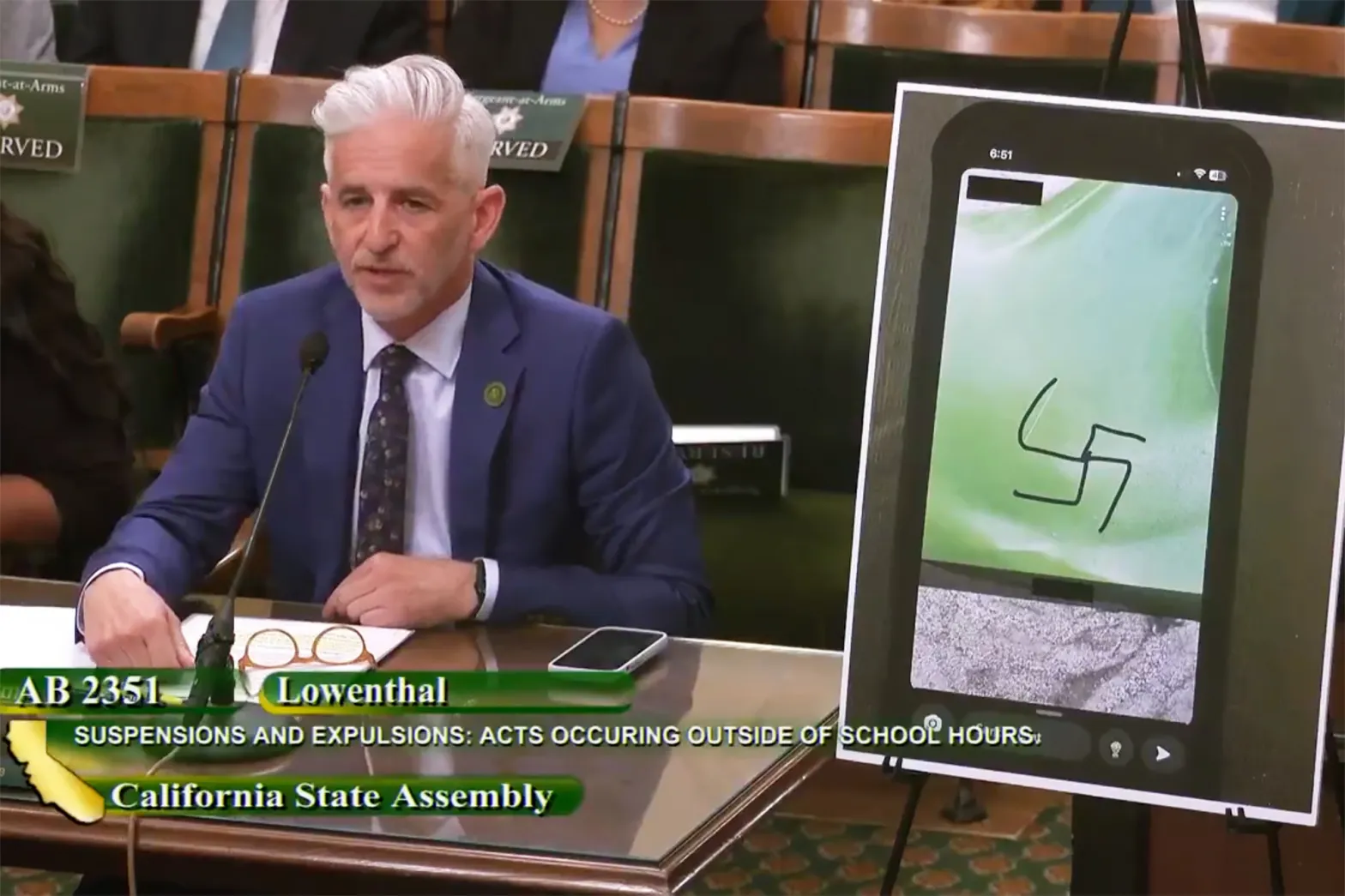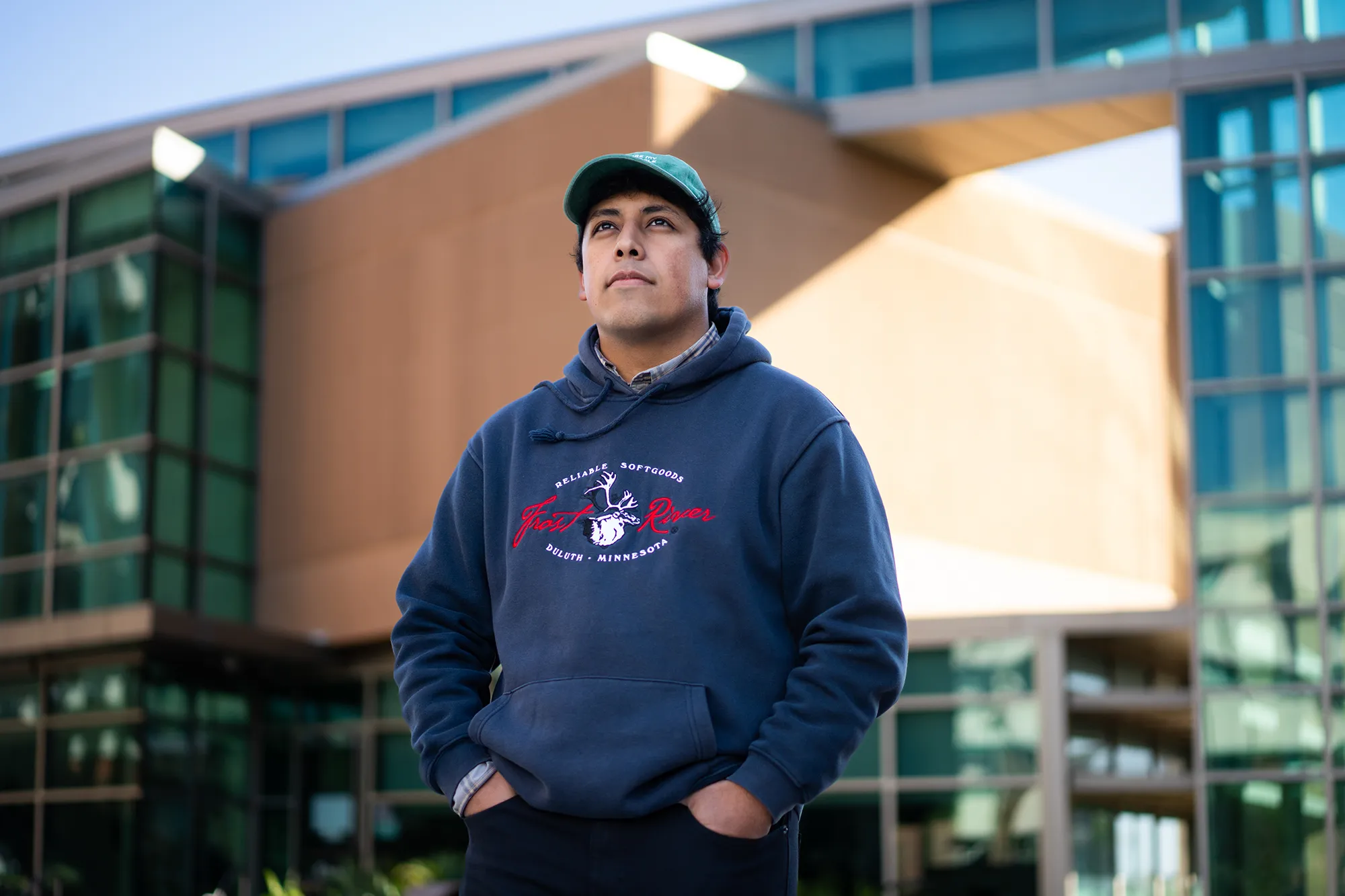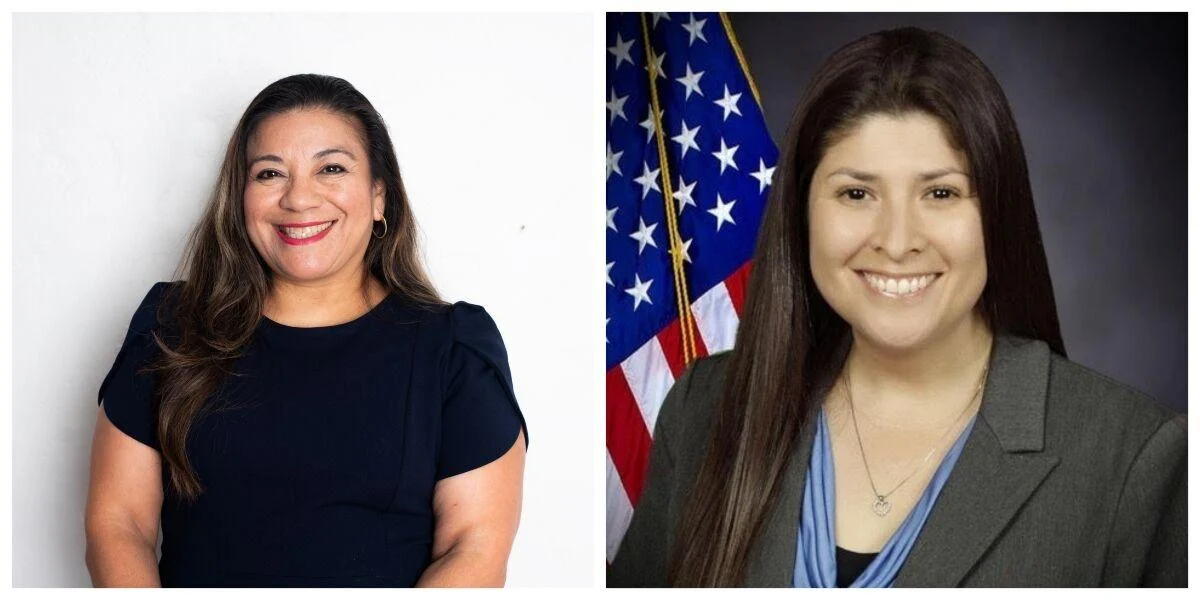By Shirley Hawkins
Contributing Writer
LOS ANGELES — Two years after the coronavirus pandemic led to school closures and remote learning, a new report says that the education of many students — particularly Black and Latino students — has suffered over the past two years.
The average student lost 19 months of in-person learning due to the pandemic, according to the LA School Report, a loss that could cost U.S. students $2 trillion in lifetime earnings.
“This means that the learning loss experienced by students during the pandemic was significant enough to affect their future career and salary power,” said Jay Artis-Wright, executive director of Parent Revolution, who added that during the pandemic distance learning was largely conducted via Zoom, which made it difficult for students without laptop computers or strong internet connections to learn.
“This ‘learning poverty’ might have a devastating impact on future productivity, earnings, and well-being for an entire generation of children and young adults,” Artis-Wright added.
Artis-Wright said it would take an additional eight to 10 weeks of instruction to cover what students lost in reading and math lessons over the pandemic.
“In grades 6 through 8, where the material is more complex and students’ rate of progress slows, it would take an additional 14 and 19 weeks of instruction to cover those losses,” she added.
“Black and brown children were already facing a learning discrepancy due to lack of funding and the digital divide as well as a lack of resources to hire private tutors and counselors not readily available in their schools,” said Artis-Wright, who is the first parent to helm Parent Revolution since it was founded in 2009.
To combat the problem, the Parent Revolution group has drafted an individualized recovery plan, which supports collective action between teachers and parents. Artis-Wright said the plan is especially important in ensuring that students have the support and resources needed to heal from the trauma caused by the pandemic.
“The plan will increase student engagement and empowerment by creating personalized curricula and assessments that fit the student as an individual,” Artis-Wright said. “A key success factor is the collaborative relationships between students, teachers and families.”
Artis-Wright said the Los Angeles Unified School District has acknowledged the plan and talks are ongoing.
“We have been working with LAUSD since October,” she said. “They have been somewhat responsive. Some of the board members have suggested making the plan a pilot program.”
Artis-Wright also noted that the LAUSD, the second largest school district in the country, received $5 billion from the federal government’s Education Recovery Fund.
“The actual tracking of the money is not going where it should,” she said. “It is being used to hire more teachers. In my opinion, some of that money should go to support a substantial recovery model that is student focused and student prioritized.”
Evelyn Aleman, executive director of Our Voice: Communities for Quality Education, was concerned about students who struggled to cope with remote learning, including her daughter, who was a visual learner.
“We reached out to the LAUSD school district to see if they could help with her remote learning and the principal said, ‘I don’t have to have to put teachers on a camera because of the union agreement.’ In other words, teachers did not have to turn on the Zoom camera,” Aleman said. “Not being able to see the teachers was very traumatic for the kids.
“The teacher would send email and the students would get their assignments on Schoology,” said Aleman, who added that former LAUSD Superintendent Austin Beutner preferred Schoology as the method to teach students. “Different schools had different [learning] systems and it was very confusing.
“There was also a language barrier. Most of these parents did not know how to operate the technology,” she added. “Some cannot read or write, so they also could not access the LAUSD online parent portal. The portal would allow them to download the daily pass which supplied a COVID test or vaccine information that would verify that their child could go to school.
“It made the parents feel disconnected and they felt they did not have a voice in the education portal,” Aleman said. “The parents cannot get their needs and their challenges across. They felt that there wasn’t a place for them to be heard by the leadership of the LAUSD district.
“It’s a very archaic system that’s not working for the parents and their needs,” Aleman said.
Limited communication and lack of support from the school and school district, as well as challenges she faced while attempting to access critical school resources for her daughter increased Aleman’s awareness about the plight of low-resource, high-need students and their families, particularly immigrant Latino families that had already been disenfranchised by language barriers.
Aleman started an online bilingual Facebook group where parents could come together in support of quality education.
“The mission of Our Voice: Communities for Quality Education is to strengthen, amplify and diversify the voices of communities in support of quality education for children,” Aleman said. “Our Voice aims to create a network of support and safe online space where families and other education stakeholders can learn together, collaborate, share ideas, make suggestions, as well as discuss challenges and concerns regarding education.”
“We wrote a letter to the school board members, the LAUSD superintendent and the corps of administrators in an effort to implement a plan to better address the school needs of Latino parents and students,” said Aleman, who added that Our Voices is waiting to see if the board will implement the plan.
“Our children are still being infected at school, and sent home to quarantine without the academic support they need. We believe that teachers who are providing in person instruction can also do this via Zoom.
“Secondly, our children cannot be successful in class or prepare for 21st century jobs if we do not have access to the internet. We ask that access to reliable and affordable internet be a reality and priority — immediately. We cannot wait any longer.
Aleman said she fully supports the Parent’s Revolution Individualized Recovery Plan and hopes it will be implemented by the LAUSD.













